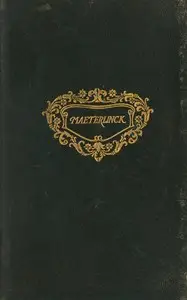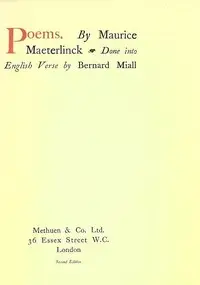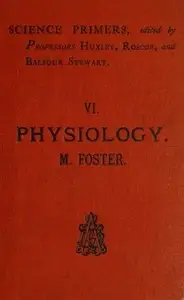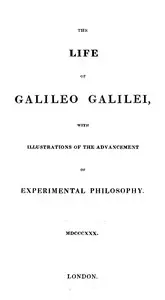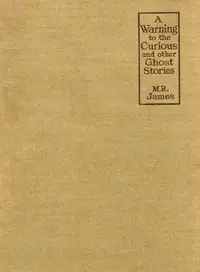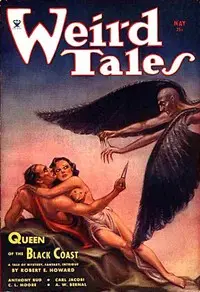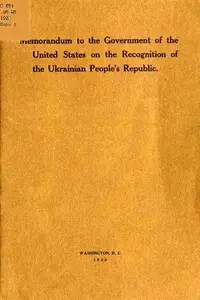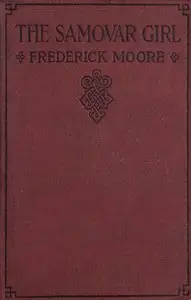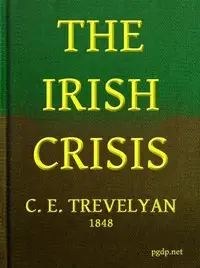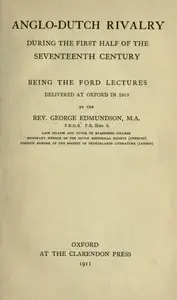"The Wrack of the Storm" by Maurice Maeterlinck is a collection of essays written in the early 20th century, specifically during World War I. The work offers profound reflections on the impact of war, nationalism, and the sacrifices made by individuals and nations, particularly focusing on Belgium's plight during the invasion. With a strong emphasis on morality and collective heroism, Maeterlinck's writing delves into the psychology of conflict and the unyielding spirit of those suffering under oppression. At the start of the book, the author’s preface expresses his dismay and sorrow over the necessity of invoking hate in his writings due to the ongoing horrors of war. He acknowledges his love for Germany and its people but ultimately asserts that the atrocities committed force a reckoning that cannot ignore the collective guilt of the nation. The subsequent essays chronicle various aspects of the war's impact on Belgium, underscoring the bravery of King Albert and the indomitable spirit of the Belgian people, who face devastation while remaining resolute in their values. These reflections not only seek to document the immediate circumstances but also aim to elevate the discourse surrounding national honor and the enduring qualities of humanity in times of moral crisis. (This is an automatically generated summary.)

The Wrack of the Storm
By Maurice Maeterlinck
"The Wrack of the Storm" by Maurice Maeterlinck is a collection of essays written in the early 20th century, specifically during World War I. The work...
Maurice Polydore Marie Bernard Maeterlinck, also known as Count/Comte Maeterlinck from 1932, was a Belgian playwright, poet, and essayist who was Flemish but wrote in French. He was awarded the Nobel Prize in Literature in 1911 "in appreciation of his many-sided literary activities, and especially of his dramatic works, which are distinguished by a wealth of imagination and by a poetic fancy, which reveals, sometimes in the guise of a fairy tale, a deep inspiration, while in a mysterious way they appeal to the readers' own feelings and stimulate their imaginations". The main themes in his work are death and the meaning of life. He was a leading member of La Jeune Belgique group, and his plays form an important part of the Symbolist movement. In later life, Maeterlinck faced credible accusations of plagiarism.


